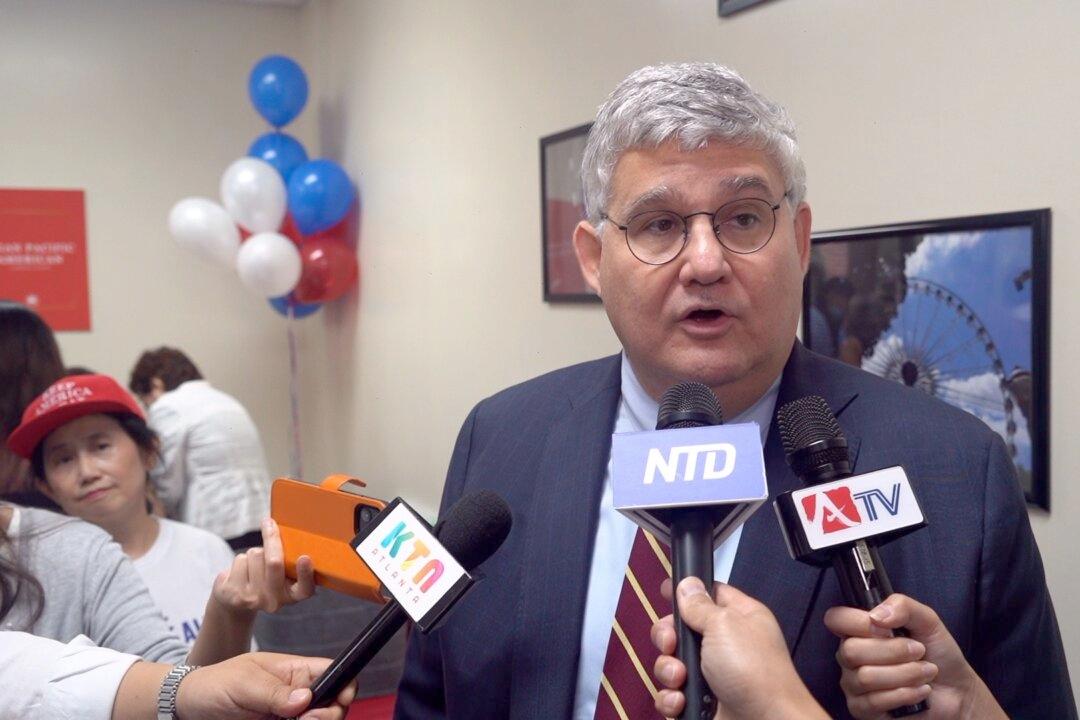A transcript of the Dec. 14, 2020, meeting of the Georgia alternate electors shows that the group convened following the advice of President Donald Trump’s legal counsel, seeking to emulate a 1960 challenge to election results in Hawaii by then-Vice President Richard Nixon.
Alternate electors David Shafer, former chair of the Georgia Republican Party, and Cathy Latham were among the 19 indicted this month for challenging the 2020 election results in Georgia. Prosecutor Fani Willis, the district attorney for Fulton County, Georgia, said that these actions constituted a “criminal racketeering enterprise” and conspiracy to defraud citizens of their vote.





